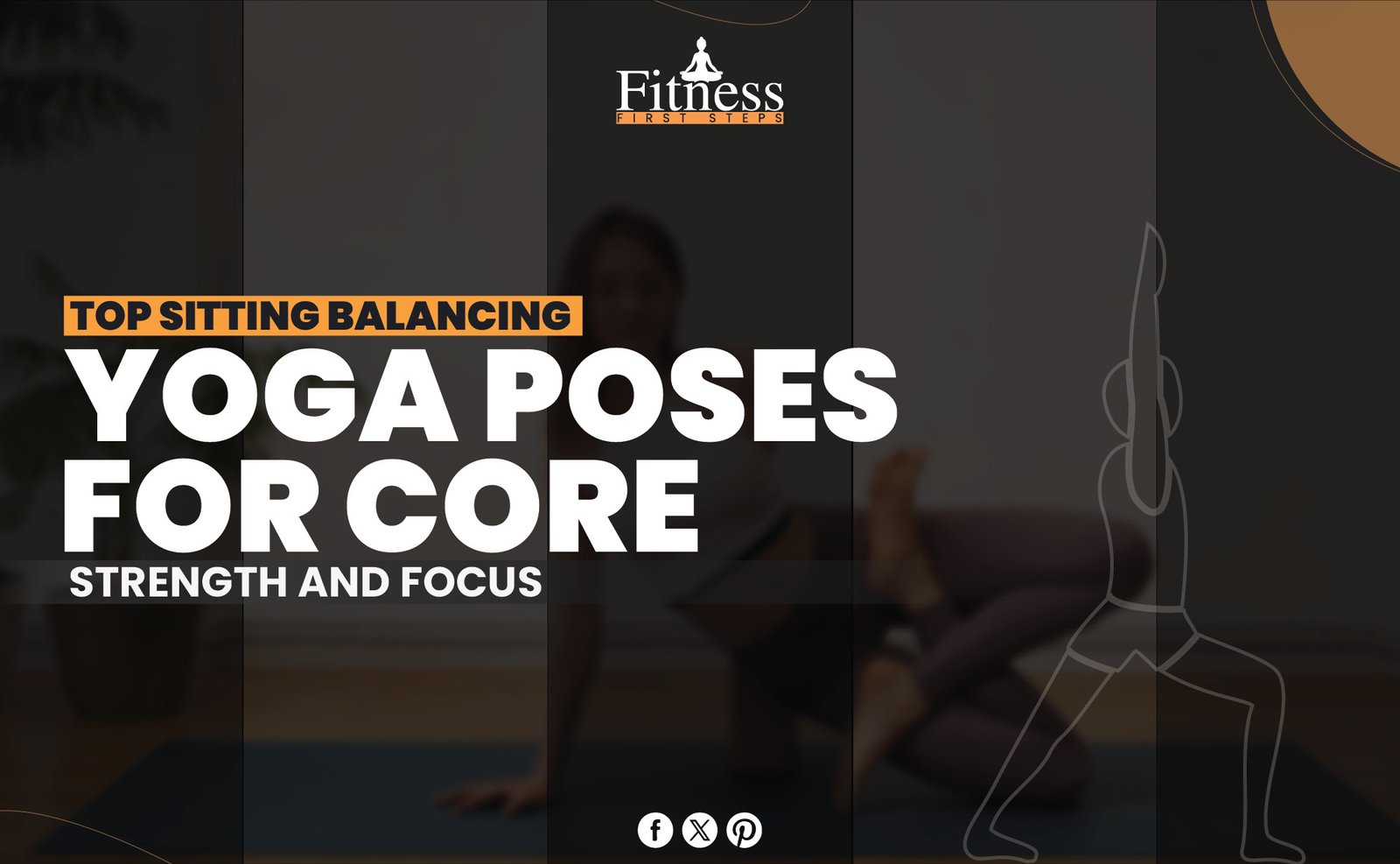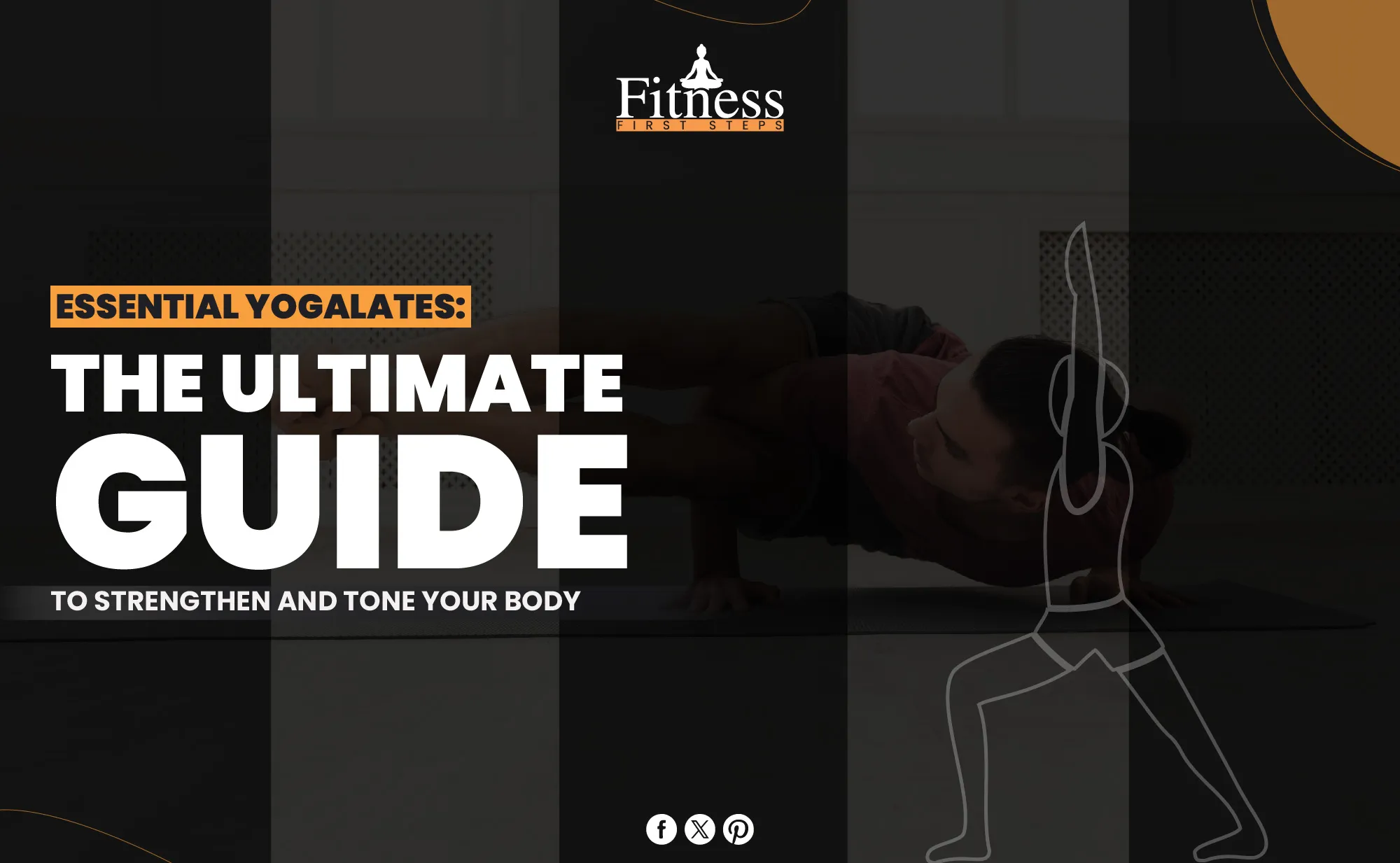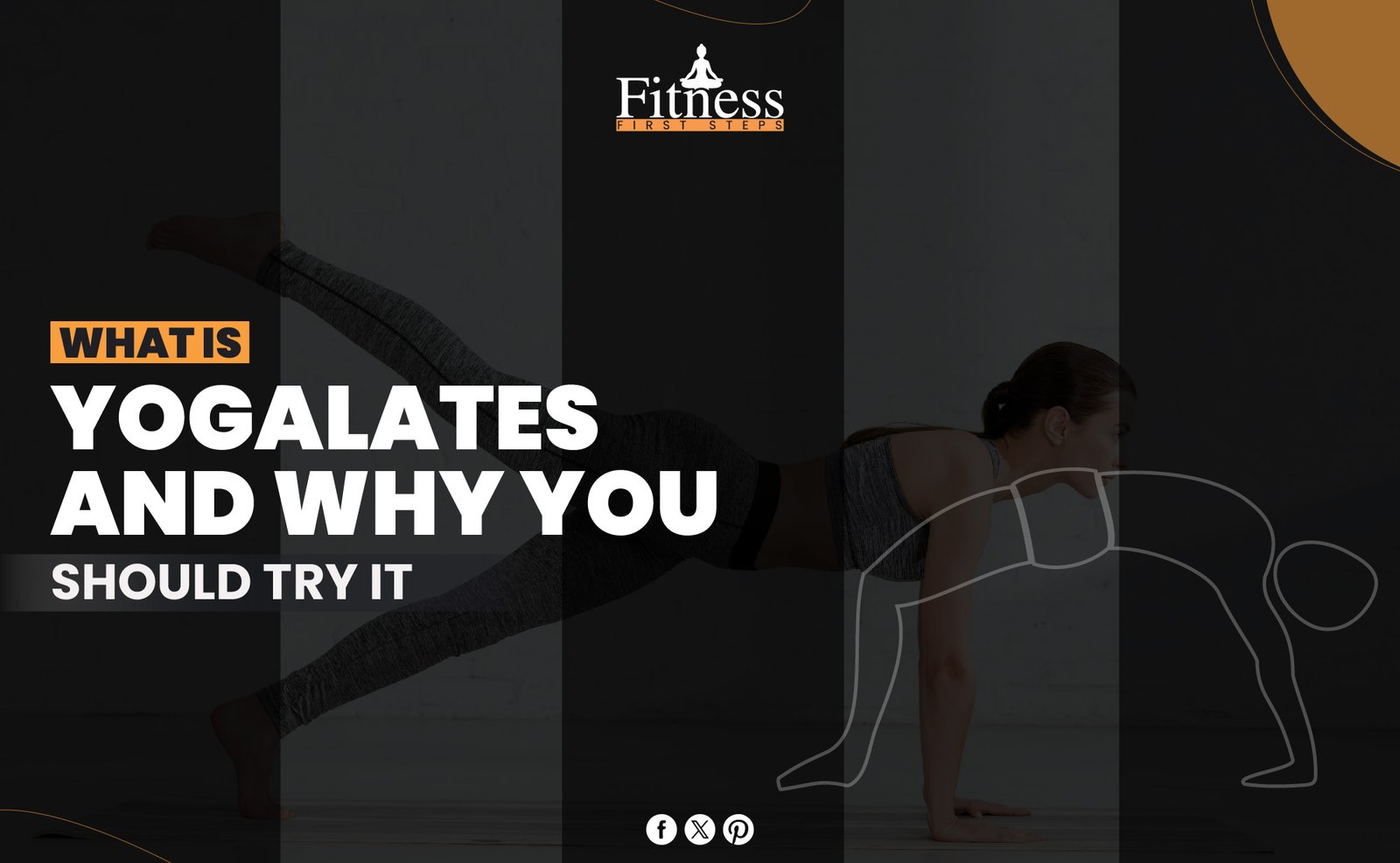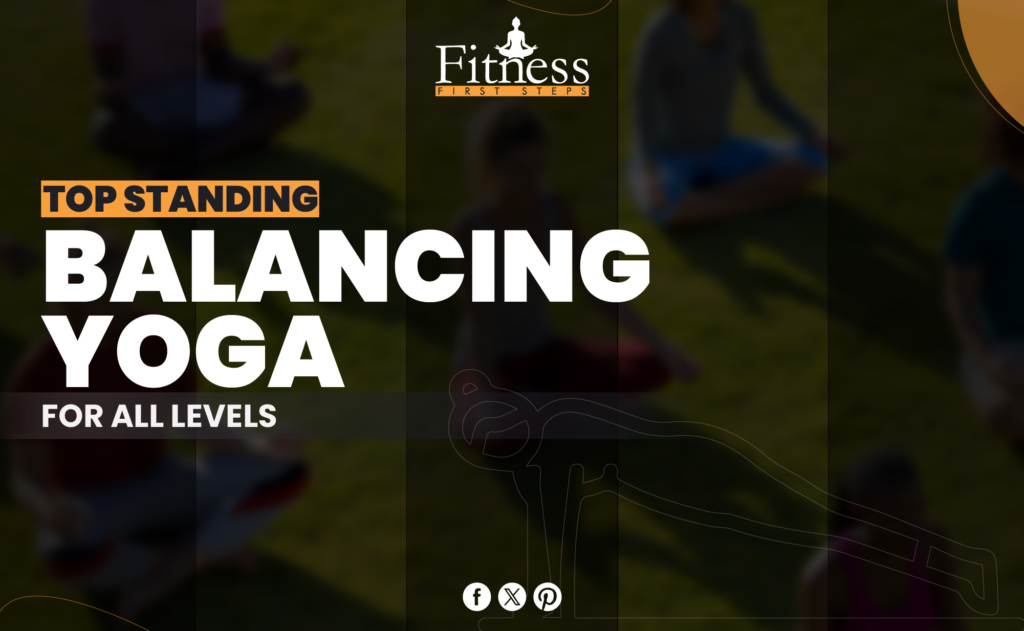The ancient practice of yoga, which is said to have started in the magical continent of India, has permeated both time and geographical borders, leaving an indelible impact on the well-being of humans. In this investigation, we look into the origins, philosophy, and many advantages of yoga, a journey through ancient knowledge that continues to impact lives worldwide.
Introduction
Yoga, sometimes misunderstood as only a physical exercise, is an expansive practice incorporating a rich tapestry of history, philosophy, and overall well-being. Understanding its roots and guiding principles is essential for anybody interested in cultivating a stronger connection between their mind, body, and spirit.
The Origins of Yoga
Yoga has been practiced in India for thousands of years, and its origins may be traced back to the country’s rich spiritual soil. What started as a collection of holy writings and rituals has become a multidimensional practice that embraces physical postures, breath control, and meditation.
Philosophy Behind Yoga
The fundamental philosophy that underpins yoga is embodied in its eight limbs, which are the practice’s building blocks. Self-discipline, living an ethical life, and spiritual enlightenment are all fostered by the practice of these limbs, which lead practitioners on a path leading to personal transformation.
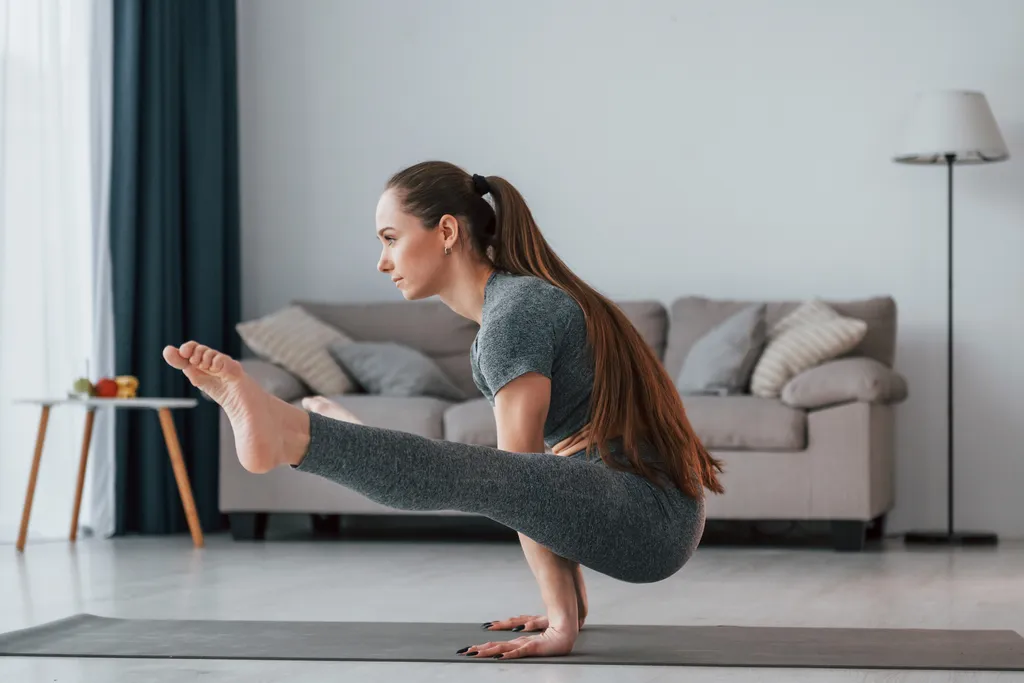
Types of Yoga
There are many distinct styles of yoga, and each one may be tailored to meet the specific requirements and interests of the practitioner. People can select a practice that matches their objectives by becoming aware of these kinds. These types range from Hatha’s soothing flow to Vinyasa’s dynamic sequences.
Notable Historical Figures in Yoga
Patanjali, an ancient sage, wrote the Yoga Sutras, which include a codification of the fundamentals of yoga. Swami Vivekananda was instrumental in bringing yoga to the Western world, and he is credited as being the one who first introduced yoga to the West. Their efforts helped lay the groundwork for the widespread popularity that yoga now enjoys worldwide.
Yoga’s Global Journey
What was once a somewhat obscure ritual exclusive to India has now exploded into a widespread occurrence worldwide. The Western world, in particular, has embraced yoga as a kind of physical exercise and an all-encompassing method for achieving overall health and happiness.
Scientific Backing of Yoga
The practical effects of yoga on a person’s physical and mental health have been shown by modern science, validating what ancient yogis already knew intuitively. Studies have shown that it effectively lowers stress levels, improves cardiovascular health, and increases mental clarity.
Yoga and Stress Management
Because of the frenetic speed of our lives, stress has become an inseparable friend. It should come as no surprise that yoga, which strongly focuses on being attentive and conscious of one’s breath, is an effective method for stress management. Incorporating even the most fundamental yoga practices into everyday routines may provide life-changing effects.

Yoga for Physical Well-being
In addition to improving flexibility and strength, yoga also treats a variety of other health concerns, making it a comprehensive and natural alternative to more traditional forms of therapy. The therapeutic potential of yoga is extensive and covers a wide range of conditions, ranging from back pain to sleeplessness.
Mental Benefits of Yoga
The advantages of yoga don’t stop at the body; they go well beyond that. Having a routine you consistently follow may boost cognitive performance, help you concentrate better, and train your mind to be more at ease. In its purest form, yoga is a process of introspection and self-exploration undertaken via physical postures and meditation.
Yoga in the Modern World
Since the dawn of the information era, yoga has become an inseparable part of our routines. Accessibility is provided via online platforms and smartphone applications, making it simpler for folks to begin their yoga journey without leaving the convenience of their homes.
Common Misconceptions about Yoga
As a result of yoga’s rising popularity, several common misunderstandings have emerged. It is essential to debunk certain misconceptions and prejudices to cultivate an inclusive environment within the yoga community. It doesn’t matter how old you are, your physique, or your flexibility; everybody may practice yoga.
Balancing Tradition and Modernity in Yoga
To embrace the future, it is vital to respect the ancient origins of yoga while also adapting to the requirements of modern life. When utilized appropriately, technology has the potential to supplement and improve the discipline, as well as make it more accessible to a wider audience.

The Future of Yoga
As we look into the future, we see that several developing patterns promise great prospects for yoga. The path of yoga continues to grow, and with it comes the promise of new facets of well-being. This evolution is partly due to the rising amount of research on yoga.
Conclusion
In conclusion, exploring the timeless knowledge that yoga makes available is a tapestry woven with strands of history, philosophy, and the life-changing effects of yoga. No matter whether you are a seasoned yogi or a beginner explorer, the road of yoga draws you; it is a path that offers not only physical health but also a comprehensive and nourishing way of life. Whether you are a seasoned yogi or a novice explorer, the path of yoga beckons you.
FAQs
Q1: Is there more to yoga than just the physical poses?
Yoga is practiced in various physical postures, but at its core, it is a holistic practice that brings together the mind, the body, and the spirit.
Q2: Is it possible for anybody, regardless of their age or physical level, to practice yoga?
Without a doubt! Yoga is malleable, and adjustments may be made to cater to a person’s requirements and capabilities.
Q3: How often should someone practice yoga to get the advantages?
The key to success is consistency. Even a few times a week of practice may improve one’s physical and mental health.
Q4: Are there distinct kinds of yoga easier for beginners to practice?
Some yoga styles, such as Hatha and Yin, are suitable for beginners and provide a mild beginning to the practice.
Q5: Is it possible that yoga might assist in relieving tension and anxiety?
It is true that the focus that yoga places on breath control and being attentive may be very helpful in managing stress and anxiety.
